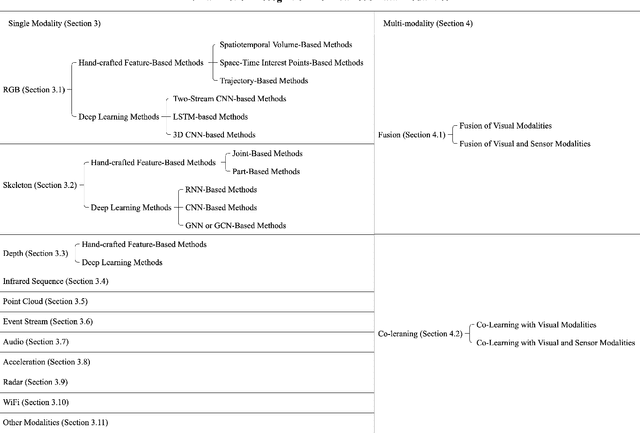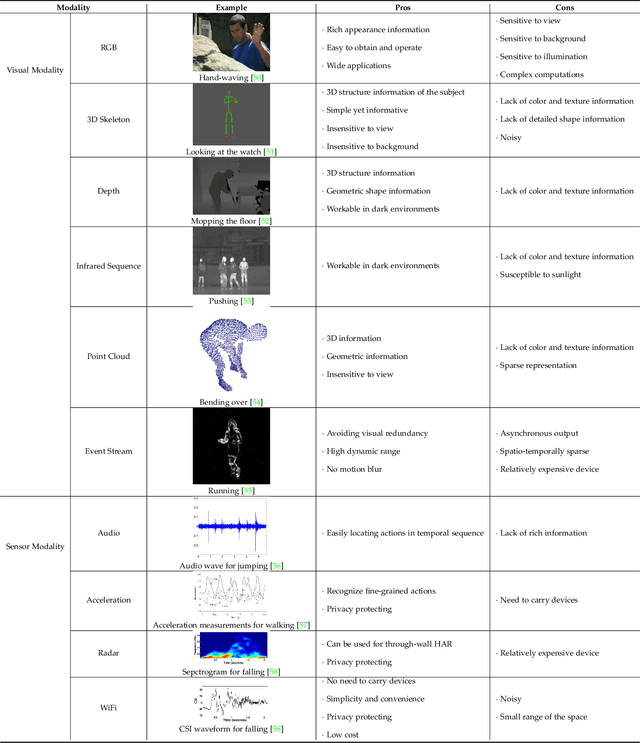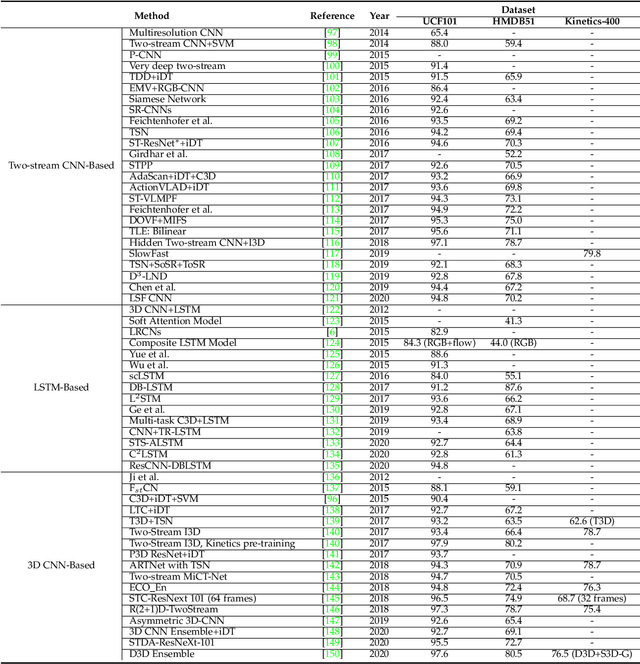Zehua Sun
A Survey on Federated Recommendation Systems
Dec 27, 2022Abstract:Federated learning has recently been applied to recommendation systems to protect user privacy. In federated learning settings, recommendation systems can train recommendation models only collecting the intermediate parameters instead of the real user data, which greatly enhances the user privacy. Beside, federated recommendation systems enable to collaborate with other data platforms to improve recommended model performance while meeting the regulation and privacy constraints. However, federated recommendation systems faces many new challenges such as privacy, security, heterogeneity and communication costs. While significant research has been conducted in these areas, gaps in the surveying literature still exist. In this survey, we-(1) summarize some common privacy mechanisms used in federated recommendation systems and discuss the advantages and limitations of each mechanism; (2) review some robust aggregation strategies and several novel attacks against security; (3) summarize some approaches to address heterogeneity and communication costs problems; (4)introduce some open source platforms that can be used to build federated recommendation systems; (5) present some prospective research directions in the future. This survey can guide researchers and practitioners understand the research progress in these areas.
Human Action Recognition from Various Data Modalities: A Review
Jan 29, 2021



Abstract:Human Action Recognition (HAR) aims to understand human behavior and assign a label to each action. It has a wide range of applications, and therefore has been attracting increasing attention in the field of computer vision. Human actions can be represented using various data modalities, such as RGB, skeleton, depth, infrared, point cloud, event stream, audio, acceleration, radar, and WiFi signal, which encode different sources of useful yet distinct information and have various advantages depending on the application scenarios. Consequently, lots of existing works have attempted to investigate different types of approaches for HAR using various modalities. In this paper, we present a comprehensive survey of recent progress in deep learning methods for HAR based on the type of input data modality. Specifically, we review the current mainstream deep learning methods for single data modalities and multiple data modalities, including the fusion-based and the co-learning-based frameworks. We also present comparative results on several benchmark datasets for HAR, together with insightful observations and inspiring future research directions.
 Add to Chrome
Add to Chrome Add to Firefox
Add to Firefox Add to Edge
Add to Edge